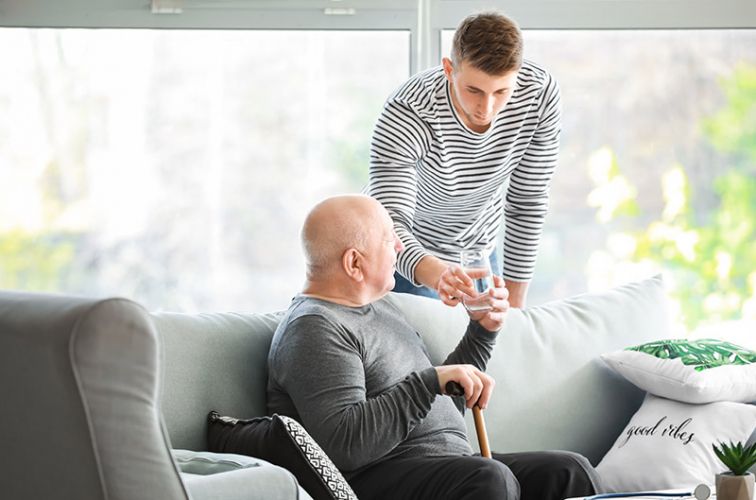Patients who undergo cancer treatment often experience side effects. Some are considered “late side effects,” meaning they don’t surface until months or even years after treatment has ended, while others are considered “long-term,” in that they were present during treatment but haven’t subsided now that treatment is over. As you move down the path toward recovery, it’s important that you work with your cancer care team so you can better manage either type of side effect should you experience them.
Late and Long-term Side Effects Survivors May Experience
As a cancer survivor, there is no guarantee that you won’t experience residual effects of your illness. Additionally, the specific late- and long-term side effects that you may experience as a cancer survivor will depend on various factors such as:
- Type and location of cancer
- Age and physical condition during treatment
- Family history
- Type(s) of cancer treatments that were given, including dosage amounts of medicines and/or radiation
- Any non-cancer-related health problems you have
Late- and long-term side effects cover a broad spectrum. While some side effects are physical, others affect you emotionally. Examples of these side effects include:
- Fatigue
- Loss of hearing
- Depression, anxiety, and fear of recurrence
- Secondary cancers such as skin, breast, or thyroid cancers
- Digestive issues such as chronic heartburn, diarrhea, and constipation
- Brain changes, including memory loss and problems concentrating
- Eye problems, including blurry vision, sensitivity to light, and trouble seeing at night
- Difficulty breathing or other lung issues
- Infertility and/or early menopause
- Bone, joint, and tissue changes such as osteoporosis, joint pain, and loss of motion in joints, such as your jaw, shoulders, hips, or knees
- Mouth problems such as dry mouth, cavities, or bone loss in the jaw
- Growth, development, and hormonal problems (especially among prepubescent cancer survivors)
- Heart problems, including irregular heartbeat, high blood pressure, and heart muscle weakness
- Peripheral Neuropathy, a set of symptoms caused by damage to nerves that control the sensations and movements of our arms, legs, hands, and feet.
Conversations to Have With Your Doctor
As both a cancer patient and cancer survivor, it is very important to talk with your oncologist about what to expect regarding late- and long-term cancer treatment effects. The type of cancer treatment you received will play a big role in what you should keep an eye out for. If you haven’t already done so, consider scheduling an appointment very soon so you can discuss these things. Be sure to take notes or bring someone with you to take notes for you.
It’s a good idea to ask your cancer care team for a detailed list of all of the cancer treatments and dosages you received that can be kept in a safe place. Should you develop late side effects months or years down the road, this list can help your doctor provide a quicker diagnosis and treatment plan.
Other questions to consider asking your oncologist or cancer care team can include:
- What steps can I take, if any, to reduce the likelihood of developing these late side effects?
- Are there specific warning signs should I watch out for? If so, what ones should I see a doctor about?
- What are the differences between possible cancer or cancer-treatment “side effects” to watch for versus cancer “symptoms” that might indicate my cancer may have returned?
- Based upon the personal cancer treatments I received, should I be monitored by any medical specialists (like an optometrist or cardiologist) who can watch for late side effects?
The New Normal for a Cancer Survivor
Cancer changes your life in many ways. Unfortunately, there is no way to guarantee that you won’t be affected in the future by late- and long-term side effects. Again, don’t hesitate to talk openly with your cancer care team about what you might experience down the road. By doing so, you’ll be better equipped to identify potential cancer treatment side effects so they can be addressed promptly by your doctor.





